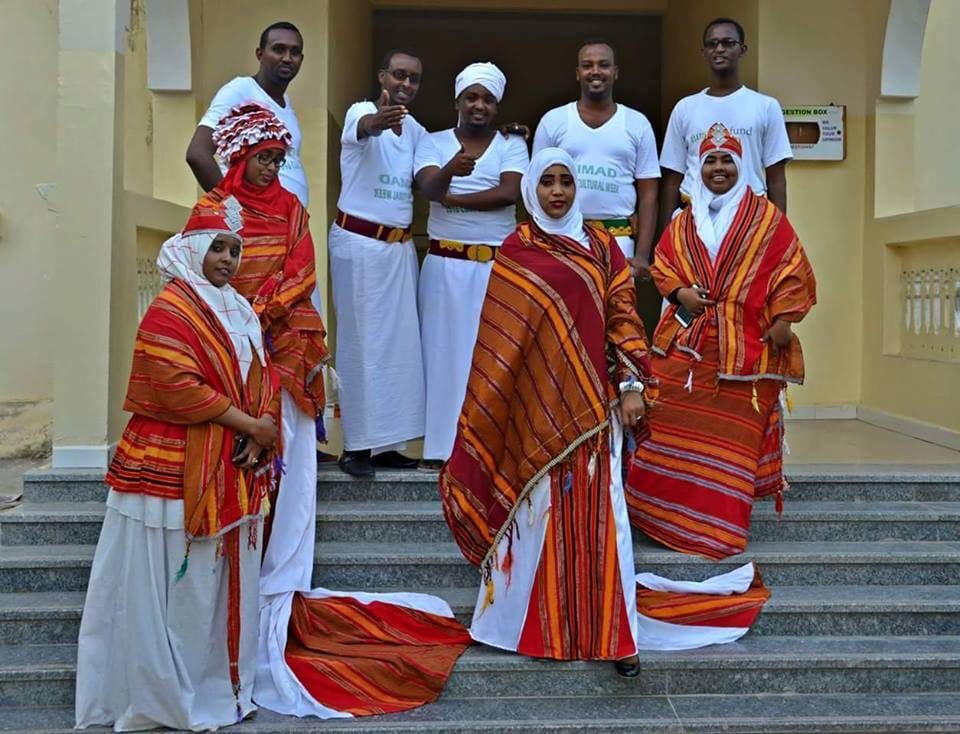The decree — led by the Islamic Affairs Council of Hamaro and supported by local authorities — prohibits practices such as slaughtering camels before weddings, exchanging lavish engagement gifts, and distributing khat and cigarettes during ceremonies. These customs, once symbolic, have grown into costly obligations, elders say.
“Sheikh Abdirahman Rashid, head of the council, emphasized that marriage should not be about wealth display. ‘What was once a sacred rite is now burdened by expectations that alienate our youth,’ he said.”
One tradition targeted is gabaati, a goodwill offering from the groom’s family to the bride’s neighbors. Once modest, it now often involves camels and logistical demands that escalate marriage costs and complicate social dynamics.
Violators of the decree could face legal consequences, including fines or imprisonment — a sign of how seriously local leaders view the need for reform.
While many young men have welcomed the changes, hoping to marry without accruing heavy debt, concerns have been raised among some women who view traditional dowries as symbols of responsibility and long-term commitment.
Still, elders argue the reforms are not about discarding tradition but restoring its essence. “We are realigning culture with compassion and faith with feasibility,” said Sheikh Abdirahman.
Hamaro’s initiative mirrors a growing movement across Muslim societies — from Ethiopia to Egypt — where institutions like Al-Azhar have also called for simpler, debt-free weddings that honor the spiritual meaning of marriage.
“Marriage is a covenant,” said Sheikh Abdirahman. “It should be blessed — not bank-breaking.”



